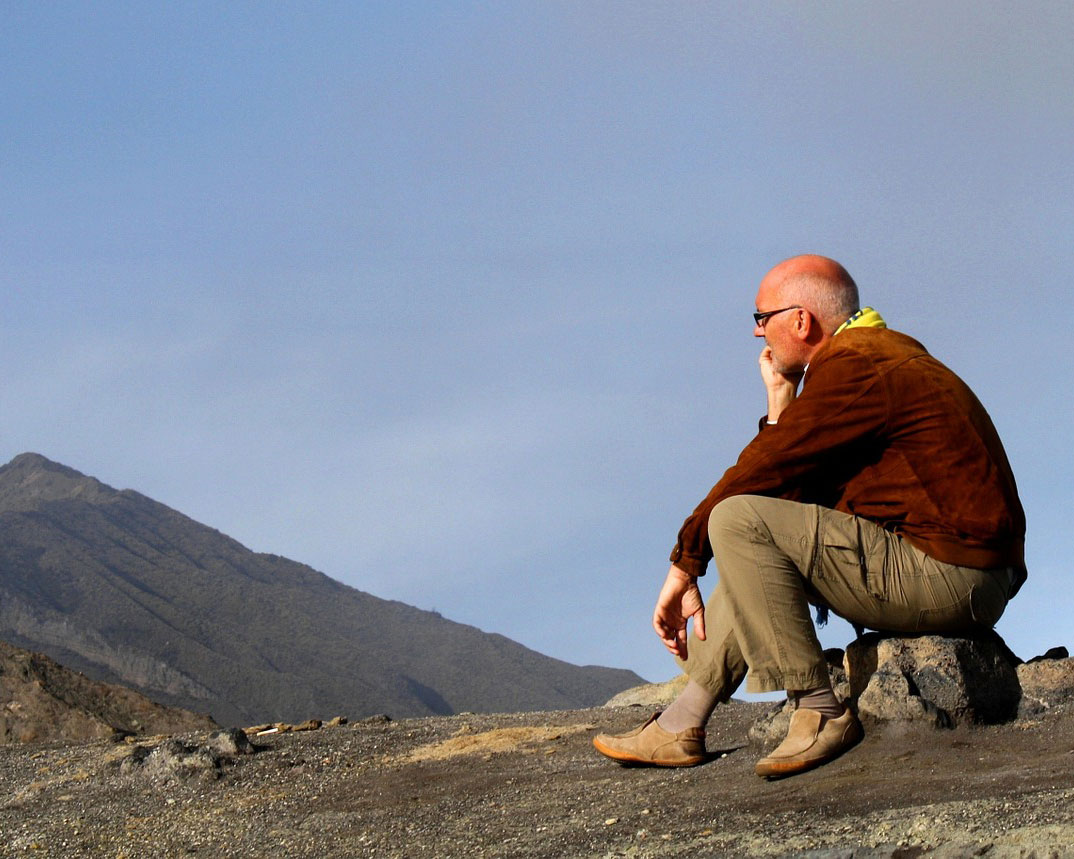Improved survival in prostate cancer with combination treatment
Improved survival in prostate cancer with combination treatment
11 Jan 2016Anti-androgen therapy using daily bicalutamide improved overall survival modestly among men with high-risk prostate cancer who received salvage radiotherapy after radical prostatectomy.
Men randomized to daily bicalutamide for 24 months in the RTOG 9601 clinical trial had 10-year overall survival of 82% versus 78% in the placebo arm. The bicalutamide group also had reduced rates of metastatic prostate cancer and death from prostate cancer, reported William U. Shipley, MD. "Treatment was tolerated quite well and with a high completion rate, not only for radiotherapy but the daily pills for 2 years," said Shipley, of Massachusetts General Hospital in Boston.
Study details and reported results
From March 1998 to March 2003, 760 patients with high-risk prostate cancer were randomized to receive radiotherapy plus bicalutamide or placebo. In particular:
- Eligible patients had stage pT3 N0 or pT2 N0 disease with positive margins, elevated prostate-specific antigen (PSA) to a maximum of 4.0 ng/mL, and negative abdominal/pelvic findings on computed tomography and bone scans.
- The cohort had a median age of 65
- positive margins in 75%
- median entry PSA of 0.6 ng/mL and
- their median interval between radical prostatectomy and first detectable PSA of 1.4 years.

After analyzing the results, the researchers reported that:
- 97% in the anti-androgen arm and 95% in the placebo arm completed their radiation protocols, and 84% and 93%, respectively, completed taking their daily oral tablets. The primary reason for not completing daily bicalutamide was gynecomastia as 70% of patients randomized to bicalutamide had some degree of gynecomastia
- The incidence of metastatic prostate cancer was reduced from 19% in the placebo arm to 11% in the bicalutamide arm
- Death from prostate cancer occurred in 4.5% of patients randomized to anti-androgen therapy compared with 10.1% of those randomized to placebo. In addition,
- Multivariable analysis for overall survival revealed that treatment with anti-androgen therapy was a significant predictor of improved survival, and study entry prostate-specific antigen ≤1.5 ng/mL, age ≥65 years and Gleason score 8 to 10 were significant predictors of worse overall survival.
Were there any toxicities observed with anti-androgen therapy?
Anti-androgen therapy demonstrated significant benefit on major endpoints in several subgroups. The incidences of late genitourinary (GU) and gastrointestinal (GI) toxicity were not different between the two arms. Genitourinary ≥grade 2 toxicity occurred in 32% of each arm and genitourinary ≥grade 3 toxicity occurred in 7% of each arm. The rates of gastrointestinal ≥grade 2 toxicity were 20% in the anti-androgen arm and 16% in the placebo arm, and the rates of gastrointestinal ≥grade 3 toxicity were 3% and 2%, respectively.
The RTOG 9601 trial expands the established role of androgen deprivation therapy with radiation therapy in high-risk prostate cancer to now include patients who have previously had surgery, said discussant Daniel A. Hamstra, MD, PhD, of the Texas Center for Proton Therapy in Irving. "This is the first Level I evidence looking at the addition of hormonal therapy to radiotherapy for patients who've undergone radical prostatectomy," he said. "This is a treatment that has a 'wow' impact."
The optimal duration of anti-androgen therapy in this setting is unknown, said Hamstra. A three-arm trial known as RADICALS being conducted in Great Britain may provide an answer; one arm of the trial is being randomized to 6 months of hormonal therapy plus radiotherapy after prostate surgery while another arm receives 2 years of hormonal therapy (the third arm is randomized to radiotherapy alone).
Source: MedPage Today